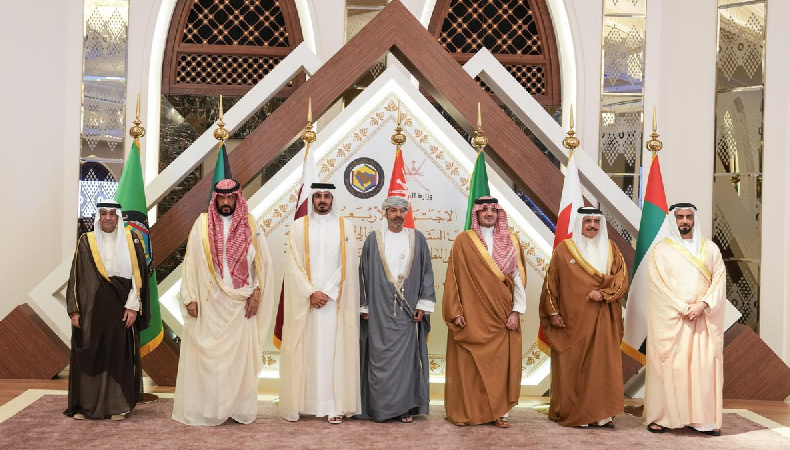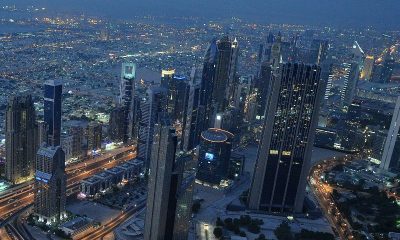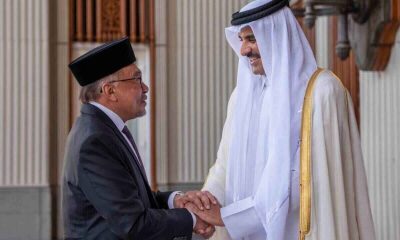Efforts made by the six Gulf Cooperation Council (GCC) countries – the UAE, Saudi, Bahrain, Qatar, Kuwait and Oman – for economic diversification are complementary rather than competing, officials noted at the ongoing Davos summit in Switzerland.
The bloc has a Gross Domestic Product (GDP) of $2.3 trillion a year, and is on the path to becoming a $3 trillion GDP per annum economic zone by 2030, rising to a staggering $5 trillion by the middle of the century, said Bahrain’s Minister of Finance and National Economy.
Sound policy, excellent execution, rapid decision-making
Sheikh Salman bin Khalifa Al Khalifa engaged in a panel discussion in Davos, noting that “everybody is trying to grow their service sectors, grow their participation, grow their GDP and there is a lot of synergistic benefits.”
He gave the example of tourism, highlighting GCC nations’ involvement in joint marketing and supporting the region in its entirety. Growth is being driven by sound policy, excellent execution, simplification of business activities and rapid decision-making, he added.
Qatar’s Minister of Finance, Ali bin Ahmed Al Kuwari, echoed Sheikh Salman’s point, underscoring during the panel discussions: “The pie is growing. I don’t think we compete, we complement each other … This is what we see.”
The GCC is expected to post growth of 3.6% and 3.7% in 2024 and 2025, respectively, the World Bank said in November. The numbers are much higher than the international lender’s forecast of 2.4% growth globally for this year.
Importance of a “clear, public-private partnership”
The non-oil sector has been driving the growth in the six-member bloc. In addition, the GCC and South Korea inked a free-trade agreement in December to boost trade and economic ties between the two parties. The bloc and Pakistan signed a similar deal in September.
Nonetheless, the public sector is bound to play a key role, but the private sector must be considerably involved. Jasim Al Zaabi, chairman of the Abu Dhabi Department of Economic Development, stressed the importance of a “clear, public-private partnership”.






















